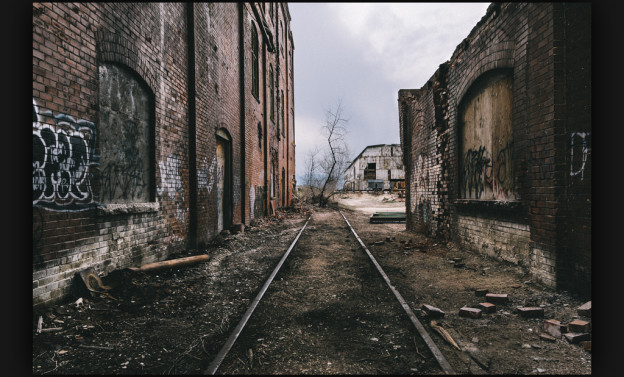Does anyone remember social entrepreneurship? It was all the rage from the mid-2000s until recently. Social entrepreneurs are risk-takers with broad vision, like Schumpeterian entrepreneurs; but they care about fixing problems more than about making money. For them, making money would be not a goal, but a way to be independent from handouts from the Powers That Be. The theory is that they have the right skillset to attack the world’s problems.
This would happen through disruptive market solutions. Take housing. A social entrepreneur’s solution would be a cheap, eco-friendly houses that you could build yourself, with the help of your friends, for – say – ten thousand Euro (yes, people are working on it). This would make housing affordable to everyone, and break the tyranny of the mortgage. It would also disrupt the hell out of the real estate barons. This does not bother the social entrepreneur. Creative distruction is a good thing.
The idea took hold. An ecosystem (though not a very good one, at least not yet) emerged around it: impact investors, social accelerators, social entrepreneurship-friendly policies. Two powerful political players, above all others, backed this idea: José Manuel Barroso’s European Commission and the UK government during the Brown and Cameron-Clegg administrations.
Despite the hype and some real support, no one ever believed this was going to be easy. Even if you do get a brilliant idea and the resources to deploy it, disrupted industries won’t go down without a fight. Things would get ugly. But the social entrepreneur would hold the line. Entrepreneuring is always difficult. Yes, commitment to social betterment adds some complications, but she knows she’s making things right for the people. That’s a big non-monetary reward.
Some people bought into the idea and had a go at building financially viable, socially beneficial companies. I guess I am one of them: I co-founded a company called Edgeryders, a not-for-profit company. We have our own market to disrupt, consultancy. We do it by delivering expert advice by smart communities, rather than professional consultants. As we go, we generate meaningful, paid work for the brilliant misfits in the precariat.
And then Brexit happened.
The Brexit vote has negative implications for social entrepreneurship.
- It goes in the direction of breaking up the European single market. If your company, like my own, starts by colonizing a niche this is bad. A niche in a large market might still be large enough for you to survive, thrive and expand. The same niche in a small market might be too small to support your business.
- It throws a wrench in the free circulation of people. This is also bad, because our talent pool is already limited. It takes a certain kind of person to fit well into a social enterprise. Employees take more risks than in ordinary companies, but without the pay offered by commercial startups. Free circulation gives us access to more smart, dedicated, hireable people. Many social enterprises tend to have both an international mindset and an international workforce.
- It creates instability, which is bad for business if you are selling anything new. Investment in innovation gets deprioritized during turbulence.
But Brexit has an even more important implication. It shows that many people do not want to live in the world we are trying to build for them (and ourselves). Social entrepreneurs tend to be urban liberals. They rejoice in diversity, and many of them are themselves expats. They are committed to meritocracy. They respect facts, and attempt to uphold them over beliefs an prejudices. They dislike the thought of living in the “Little England” evoked by the Leave campaign. They worry about the disregard for factual truth displayed by the whole Brexit debate. They – we – are simply not the right people to help disgruntled Brexiters to build the world they want.
Smart people have been trying to make sense of the Brexit vote, and of the parallel rise of Donald Trump (example, another example). The prevailing narrative goes something like this: the white working class feels left behind. There are jobs, but they are not “good” jobs. They don’t offer “a sense of community and self-worth”. They think the world owes them (but not Syrians or Iraqis or Italians) a certain kind of life. They are not interested in alternative paths to community and self worth which our society does offer, like cheap or free access to art, entertainment and learning opportunities.
Skilled demagogues have been working on this dissatisfaction. They were able to convince white people in Deep England to express it by “breaking the system”. In practice, this means voting for nativist political parties who target immigrants and ruling élites, in this order. They simply don’t care what they break, or who they hurt to make their point. The loss of opportunities for social enterprises are not intentional, just more collateral damage. .
I will resist passing judgment on this stuff. It is what it is, and we need to factor it in. What I do have to pass judgment on is this: is it still worth it being a social entrepreneur? Big business is our enemy on the market. The people we were meant to help are our enemies on the political arena. Is our mission still achievable? Is it even worth anything to society at large?
Photo credit: Geoff Llerena – Reposted from CheFuturo (Italian)
